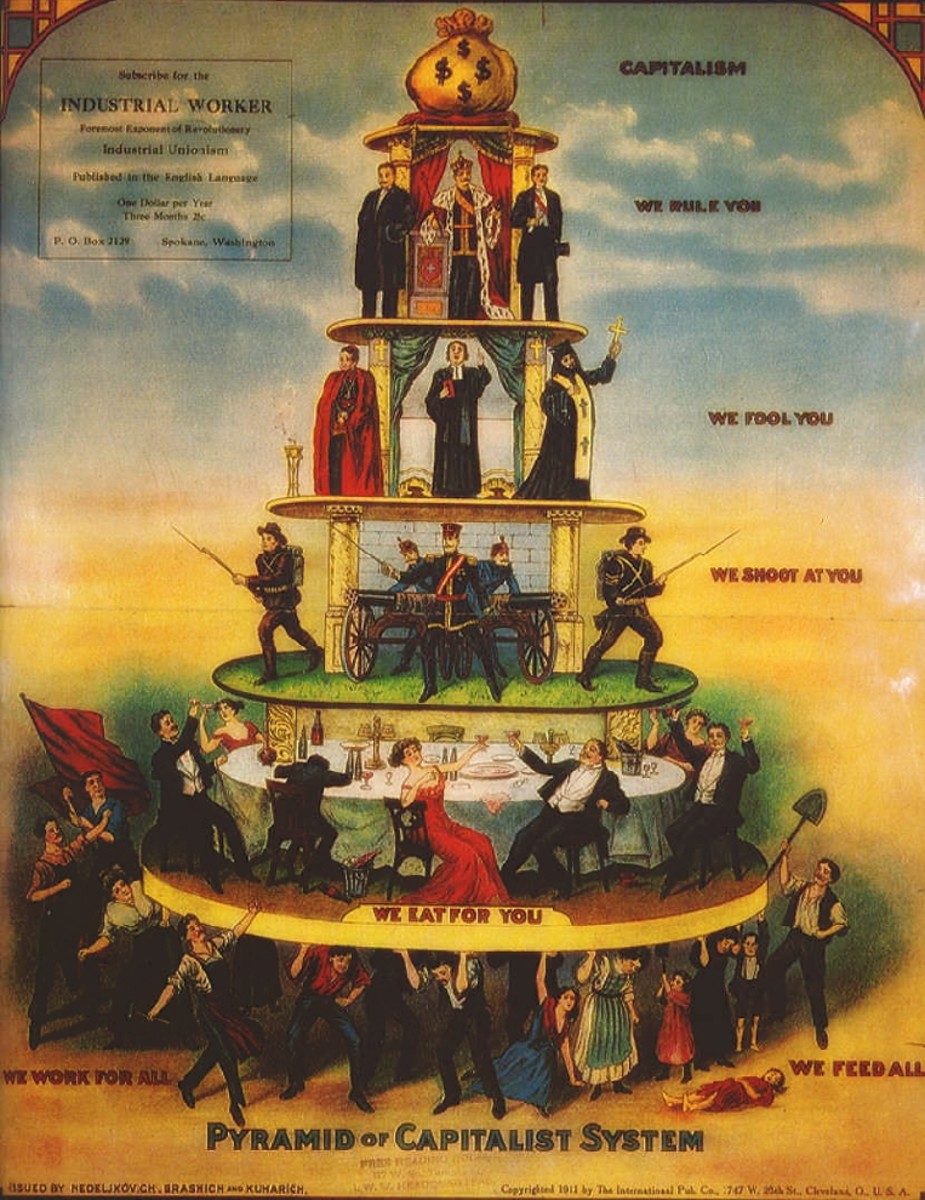Culture of the West: America's Influence on Globalization

Varying differences of opinion exist concerning the topic of globalization. Depending on origins and beliefs, some insinuate it is synonymous with Westernization; a take-over of American and Anglo-European culture and influence. This geo-political term has become associated with the high speed, technologically based society that rules political, economic and mainstream spheres of the modern world. The world is smaller than we thought after all and globalization has affected each of us whether we're consciously aware of it or not.
Major corporations who create the products we buy conduct business that sustains an interworking global economy. With employees who speak different languages and live thousands of miles apart, these corporate-states sometimes generate more income in a fiscal year than small countries. Governments have also become more reliant on international treaties and united monetary policies to support their economies.
From East to West, people have the opportunity to meet and learn from one another via the internet and travel to different continents in a matter of hours. Whether on a corporate, political or personal level, globalization creates a necessity for cultural tolerance. Due to heightened connectivity, the lines of cultural definition are fading…or are they? Business that drives the need for technology today is based on the same basic principles that influenced cultural fusion in ancient times. Trade routes such as the Silk Road and maritime Sea Route to India were the first pathways to international exchanging of commodities. The cause for globalization cannot be attributed or traced to one particular place or point in time. The need to know and gain what others have, and creating quicker more efficient ways of obtaining goods, is a natural evolution. It has been a gradual contribution by all societies throughout history.
Today, the new Millennium insta-world of global culture is undoubtedly influenced by the United States. A nation grown from the ambition of the 'American dream' was designed as an open playing field for ideas and freedom of ingenuity. Born from these ideals, the U.S.A. has become symbolically linked with globalization. Electronics from Silicon Valley have revolutionized the technological world while McDonalds fast-food is found in almost every city on the planet. These are two powerful examples of how American-style marketing and mass continuity in a product succeeds in meeting consumer demands.
Coincidently they lead us back to the state of California where we come to yet another phenomenon that has globalized the world forever, Hollywood. The silver screen is not as often accredited to global connectivity as the Internet in recent years because it is so deeply engrained in our daily lives. The medium of motion picture has an ever present participation in our perception of the outside world. Subconscious and inadvertent, the egocentric theme of American films has even succeeded to persuade those of other nationalities that the American way, is the best way. Skeptics who recognize the smoke and mirrors of propaganda-esque U.S. media are still more than willing to pay the price of admission to the newest action adventure matinee containing underlying political messages.
In turn, it can be argued that resentment towards technology and Westernization has caused a resurgence of cultural identity in the form of nostalgic, regressive policies. Government censorships have forbidden Western satellite or internet broadcasting in places such as China and Iran who call it media pollution. Fairly enough, the attempt to salvage what is left of a sovereign cultural identity is a valid cause to fight for. Most often though censorship benefits those in power while successfully promoting beliefs untainted by foreign views. Of course, the decision of whether Western ideology is the right or wrong progression is up to the individual or society.
In the Middle East, liberal reforms developed in the 1970s and 80s have since been reversed to concentrate on more fundamental values. This is largely due to American intervention in the region over the past 30 years. In Europe, countries already considered to be the west, have prevented U.S. companies such as Wal*Mart from entering the market in order to leave room for emerging local competitors. This back-lash to American influence has caused a turn inwards of even the U.S. itself. In more recent years Americans have supported the older isolationist model held after World War I. Products 'made in the U.S.A.' have shown a rise in popularity attesting to a shift in strengthening domestic support.
Much of the anti-American animosity in the world today is directly connected to the infamous U.S. foreign policy. The right to self-determination, and other American slogans, have not been wisely portrayed through policy aimed beyond its borders. On numerous occasions allies who have outlasted their use for American interests have been assassinated or ousted. Upon hearing news of the American aided assassination of South Vietnamese president Ngo Dinh Diem in 1963, Vietnamese leader Ho Chi Minh said “I can scarcely believe the Americans would be so stupid.” Before his fateful end, Ngo Dinh Diem had been supported by the U.S. based on his pro-Christian, anti-communist policies.
In the 1980s well known connections existed between Saddam Hussein and the American government. Twenty fiver years later, this once friendly cooperation came to a turbulent end with the 2006 Iraq War. Saddam was overthrown and assassinated without a conclusive trial amidst a war based on false pretenses.
The Venezuelan coup to remove President Chavez from power in 2002, a leader known for his outspoken anti-globalization, anti-U.S. rhetoric, was supported by U.S. agencies but later publicly condemned by the White House when the uprising proved a failure.
Three occasions on three different continents that bring to light legitimate suspicions foreign countries harbor towards American interventionism. America has set the example of hegemonic democracy in the guise of freedom for the entire world to see. This behavior not only deepens resentment, it is blatant deception. U.S. Secretary of State Henry Kissinger said “to be an enemy of America can be dangerous, but to be a friend is fatal.”
On a social level however, America's overall image has maintained its place in the hearts and hopes of millions of people around the world. Many still believe it is the land of opportunity, a place where all their aspirations can become reality. Americans themselves find it difficult to imagine a world where new ideas would be rejected, where religion was dictated by government and striving to be best wasn’t a priority.
American competitiveness has influenced the world to optimize resources and generate growth. Globalization is, after all, the contribution of information and ideas derived from many to be shared by all. It is a phrase found on all American legal tender, E Pluribus Unum; meaning 'out of many, one.'
The pure ideology of America was conceptualized to embody equal co-existence in peace. The new world has lead by example to show cultural tolerance can benefit the whole world. The success of the United States is its acceptance of diversity and, however far from its origins it may sometimes stray, still holds the values of freedom above all others.





